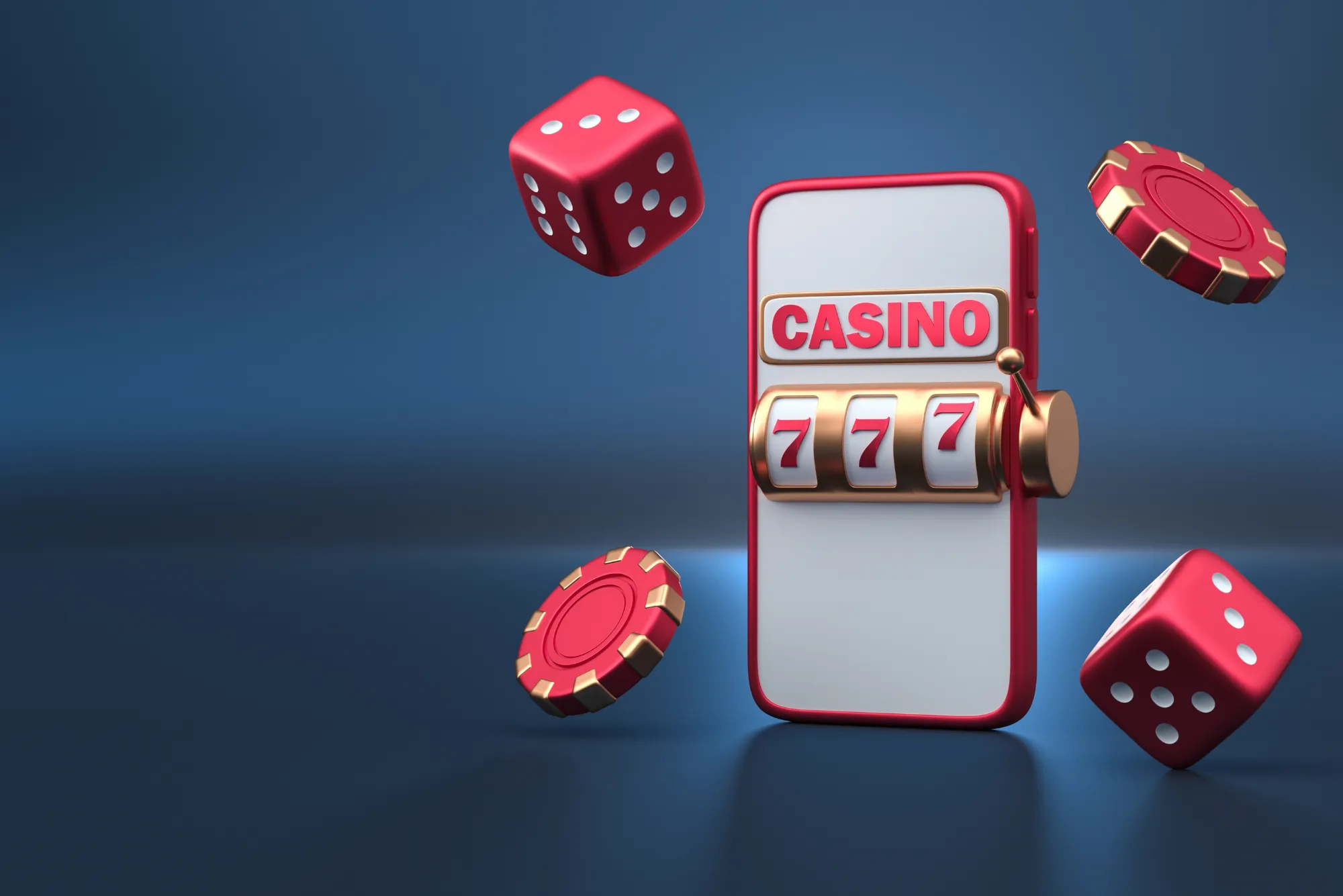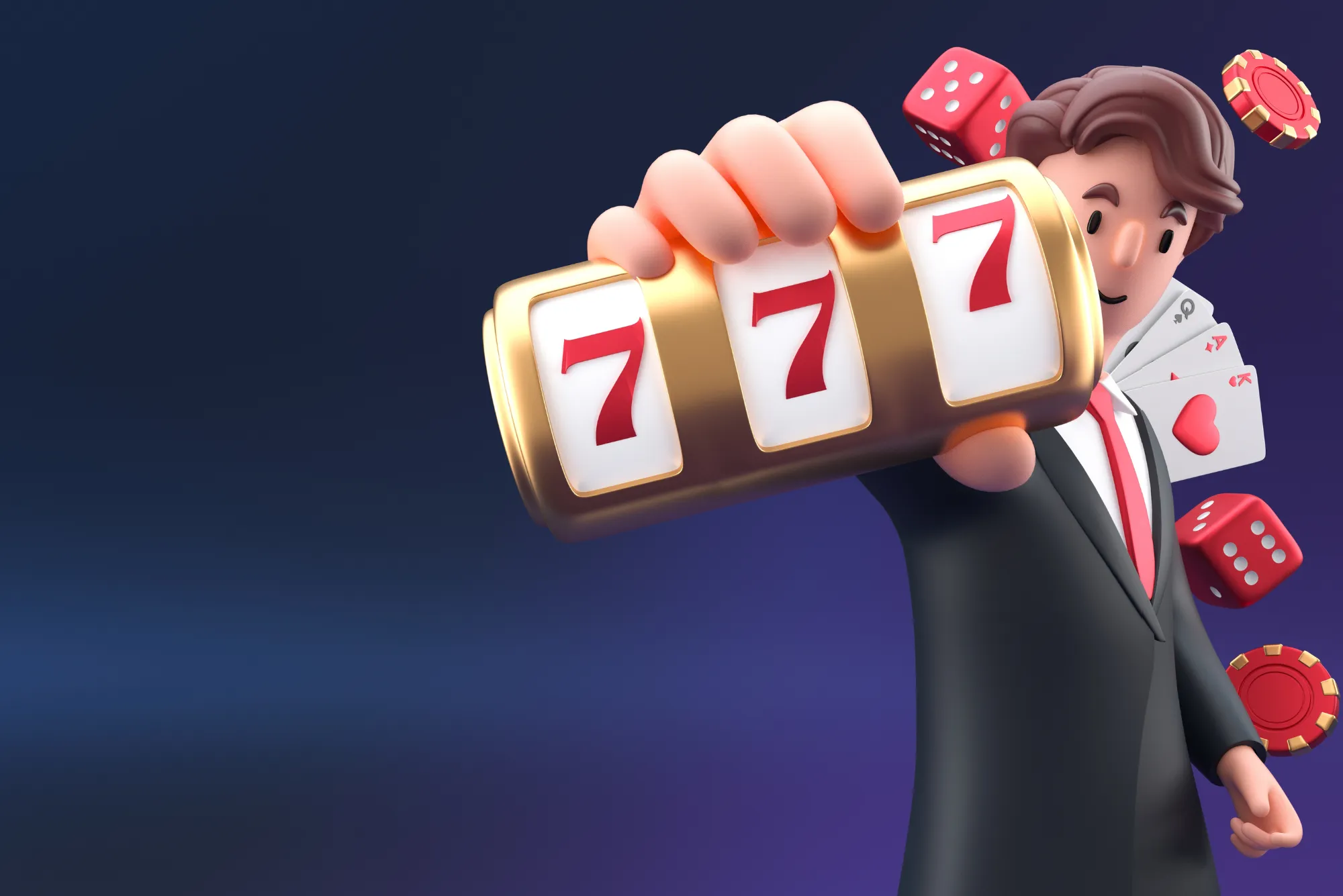I’ll never forget the first time I discovered the autoplay button on an online slot. I was playing one of my favorite classic three-reel games and, after a few dozen clicks, saw the tempting “Auto-Spin” option tucked next to the “Bet” controls. It felt revolutionary—sit back, let the software handle the spinning—and yet a small part of me wondered if the casino might one day decide to remove or even lock that feature. As both a longtime player and someone who’s reviewed dozens of sites over the years, I’ve seen autoplay come and go, and in this article, I’ll explain why sites might lock autoplay slots, what it means for you, and how it ties into broader trends in game design and regulation.
Understanding Autoplay in Online Slots
Autoplay has become a standard feature on virtually every modern slot. You choose your wager, decide how many spins you want, set loss- or win-stop limits if available, and hit “Autoplay.” The game then spins automatically until you hit your predetermined threshold or reach the number of spins you selected. For casual play or when multitasking, this is a godsend. Yet autoplay also speeds up the game’s pace, significantly increasing the number of bets placed per minute—and, by extension, the casino’s revenue.
The Case of the Aviator Game
One landmark in this evolution was the outrage—and subsequent regulatory response—triggered by the hugely popular aviator game. Unlike traditional reels, Aviator is a crash-style title where a plane climbs until it “crashes” and your wager vanishes. Autoplay here meant milliseconds between rounds, making losses accumulate in the blink of an eye. Regulators viewed this as fueling irresponsible gambling behavior, and within months, several sites disabled autoplay on this format entirely. It was a wake-up call: if a game as novel as Aviator could trigger a lockdown, so could any high-frequency slot.
Why Sites Lock Autoplay
At first glance, it seems counterintuitive for a casino to remove a feature that users like and that boosts play. But several factors drive this decision:
Regulatory Compliance: Governments are raising the bar for online gambling safeguards. Autoplay is often singled out because it removes the natural pause between bets, which can lead to unchecked losses. By locking the feature or adding mandatory breaks, operators show regulators they take player safety seriously—an important badge of credibility that can affect licensing.
Responsible Gaming Initiatives: Many casinos market themselves on ethical gaming practices. Disabling autoplay for high-speed games, enforcing time-out reminders, or requiring confirmation for each additional batch of spins helps position a site as “player-first.” This, in turn, can attract a more discerning audience.
Technical and UX Considerations: Faster spin rates can increase server load or create display glitches on slower devices. In such cases, locking autoplay temporarily resolves performance hiccups without a full rollback of game features.
Real-World Regulations and Operator Policies
In 2024, the UK Gambling Commission updated its guidelines to recommend that all licensed operators limit autoplay to no more than 30 consecutive spins without an intervening prompt. Some casinos went further, removing autoplay on new or particularly volatile games entirely. Similar rules have appeared in parts of Europe, Canada, and Australia, each with their own thresholds and messaging requirements.
Impact on Player Strategy
When autoplay is available, it’s easy to let the machine take over—and often, your bankroll goes with it. I personally found that setting a low spin count (10–15 rounds) with stop-loss thresholds saved me more money than a long autoplay run. If a site locks autoplay, view it as an opportunity to reassess your strategy: manually spin, take stock of your balance, and decide whether to continue. Pauses can be invaluable moments to reflect, especially after a streak of losses.
Balancing Convenience and Control
Regular players know the tension: autoplay is convenient, but it also removes the moment of choice. Locked autoplay forces that deliberate click, which can feel like an annoyance but ultimately fosters more mindful play. In my experience, sites that let you toggle autoplay per session strike the best balance, offering freedom for casual spins and safety when you need it.
Technical Mechanisms for Locking Autoplay
At the simplest level, autoplay locks are configured via flags in the game’s code or server-side parameters that cap batch sizes. More advanced platforms tie autoplay availability to real-time risk assessments—if the system detects patterns resembling problematic gambling, autoplay toggles off and a reminder or pop-up appears.
Trends Ahead in Autoplay Features
AI-Driven Controls: Machine-learning models will flag harmful patterns more accurately, dynamically adjusting autoplay availability.
Player-Customizable Limits: You’ll soon be able to pre-set your own autoplay thresholds, melding convenience with safe play.
Stricter Global Regulations: As more regions legislate against rapid-betting formats, expect uniform caps or outright bans on autoplay for certain game types.
Conclusion
Autoplay transforms slot play, offering ease and speed while risking unchecked losses. Casino sites lock autoplay for regulatory, ethical, and technical reasons, often to protect players and maintain licensing. By understanding these motivations, you can adapt your play—whether you embrace autoplay or choose the control of manual spins—ensuring your gaming sessions remain both fun and responsible.







